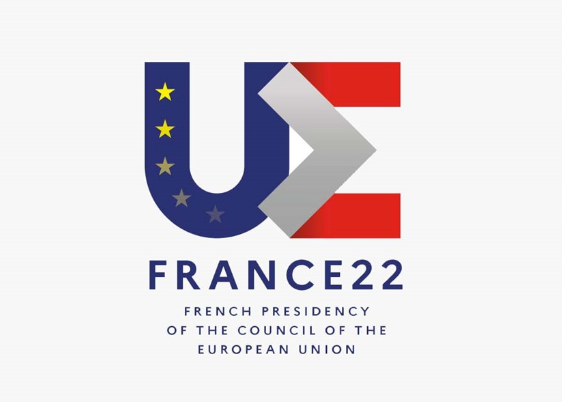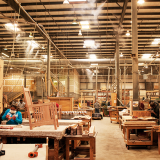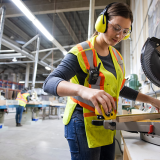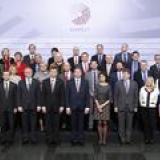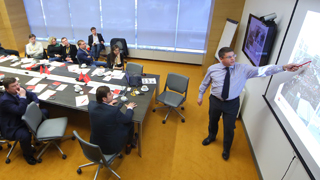
Dialogul social
Dialogul social poate fi definit ca demersul alcătuit din negocieri, consultări, acțiuni comune, discuții și schimb de informații care implică angajatori și lucrători. Un dialog social funcțional este un instrument-cheie în modelarea condițiilor de muncă, implicând o varietate de actori de la diferite niveluri. Dialogul social asigură echilibrul dintre interesele lucrătorilor și ale angajatorilor și contribuie atât la competitivitatea economică, cât și la coeziunea socială.
Dezbaterile politice recente de la nivelul UE au reliefat faptul că, în special după criza din 2008, au apărut noi teme de discuție privind justiția socială, democrația, calitatea muncii și noile modele de relații de muncă, care contracarează supremația relațiilor de muncă și a sistemelor de dialog social de tip tradițional.
La 30 de ani de la inaugurarea istorică a dialogului social european la Val Duchesse din Bruxelles, Comisia a relansat procesul unui nou început al dialogului social, în cadrul unui eveniment la nivel înalt care a reunit organizații ale partenerilor sociali din întreaga Europă, la 5 martie 2015. Dialogul social european constituie un instrument al politicii sociale a UE, care contribuie direct la modelarea legislației și a politicilor UE în domeniul muncii.
- Evenimentul Comisiei Europene: Un nou început pentru dialogul social
- Articol pe blogul Eurofound: De la Val Duchesse la Riga: cum să relansăm dialogul social?

